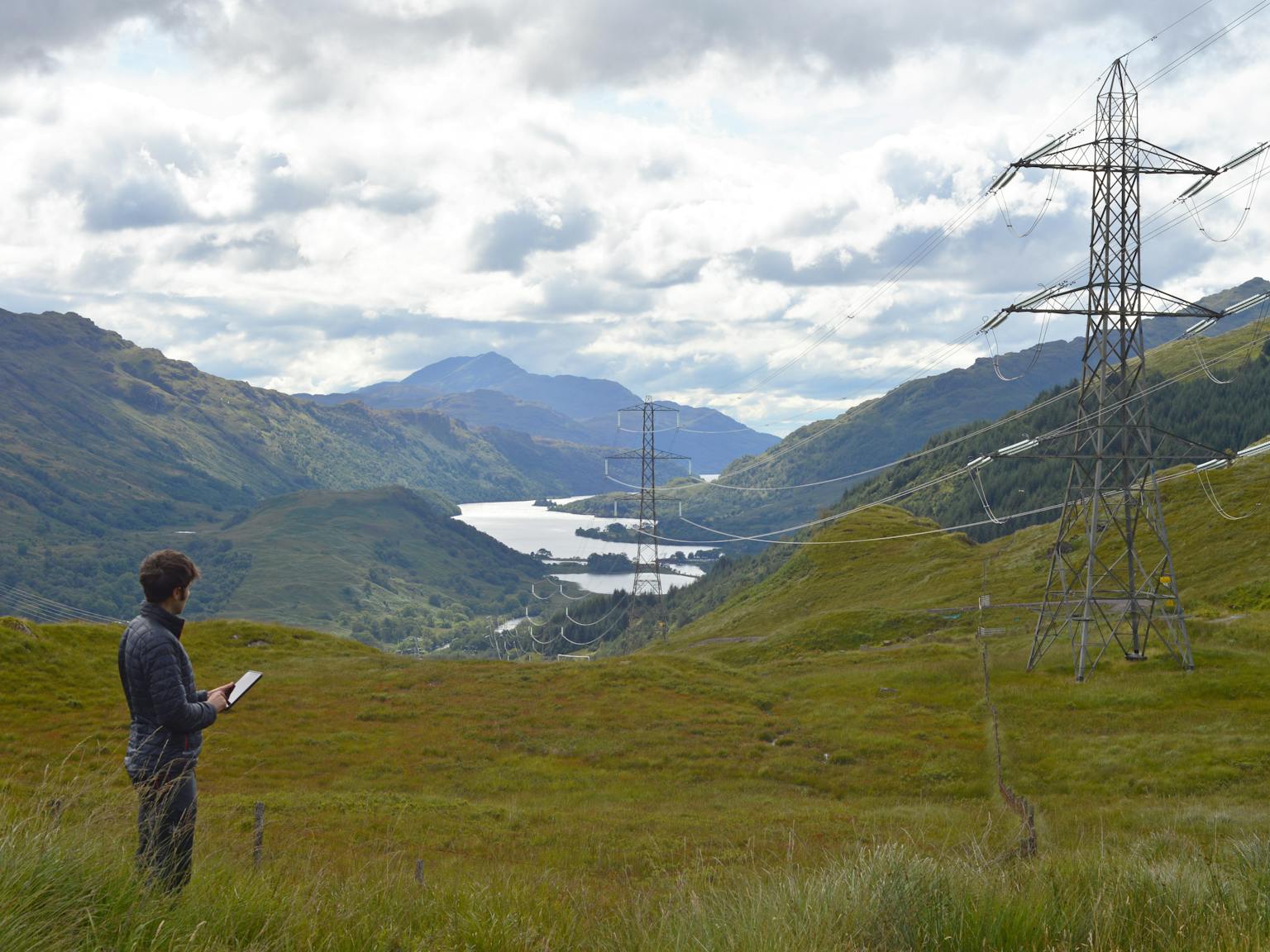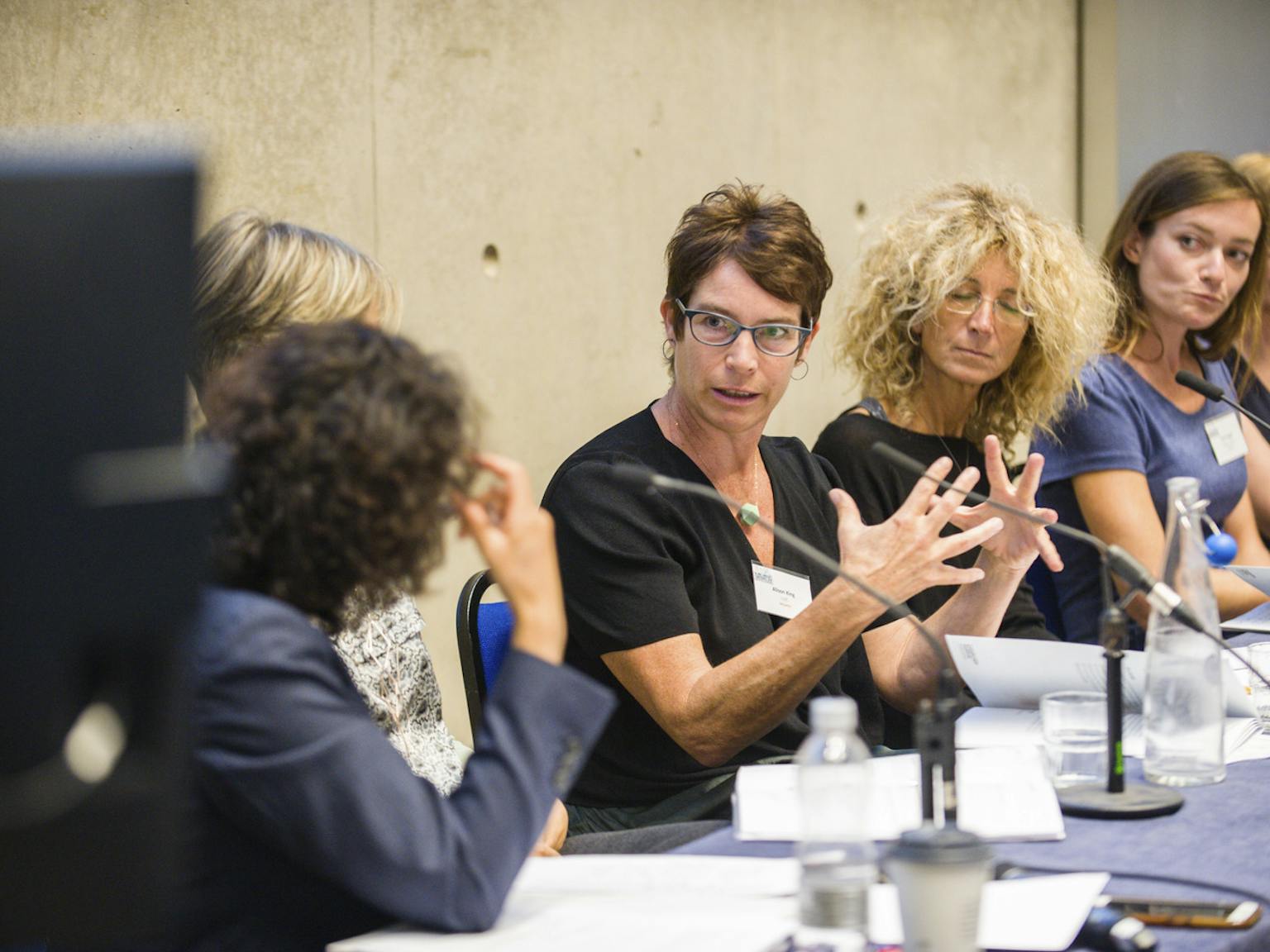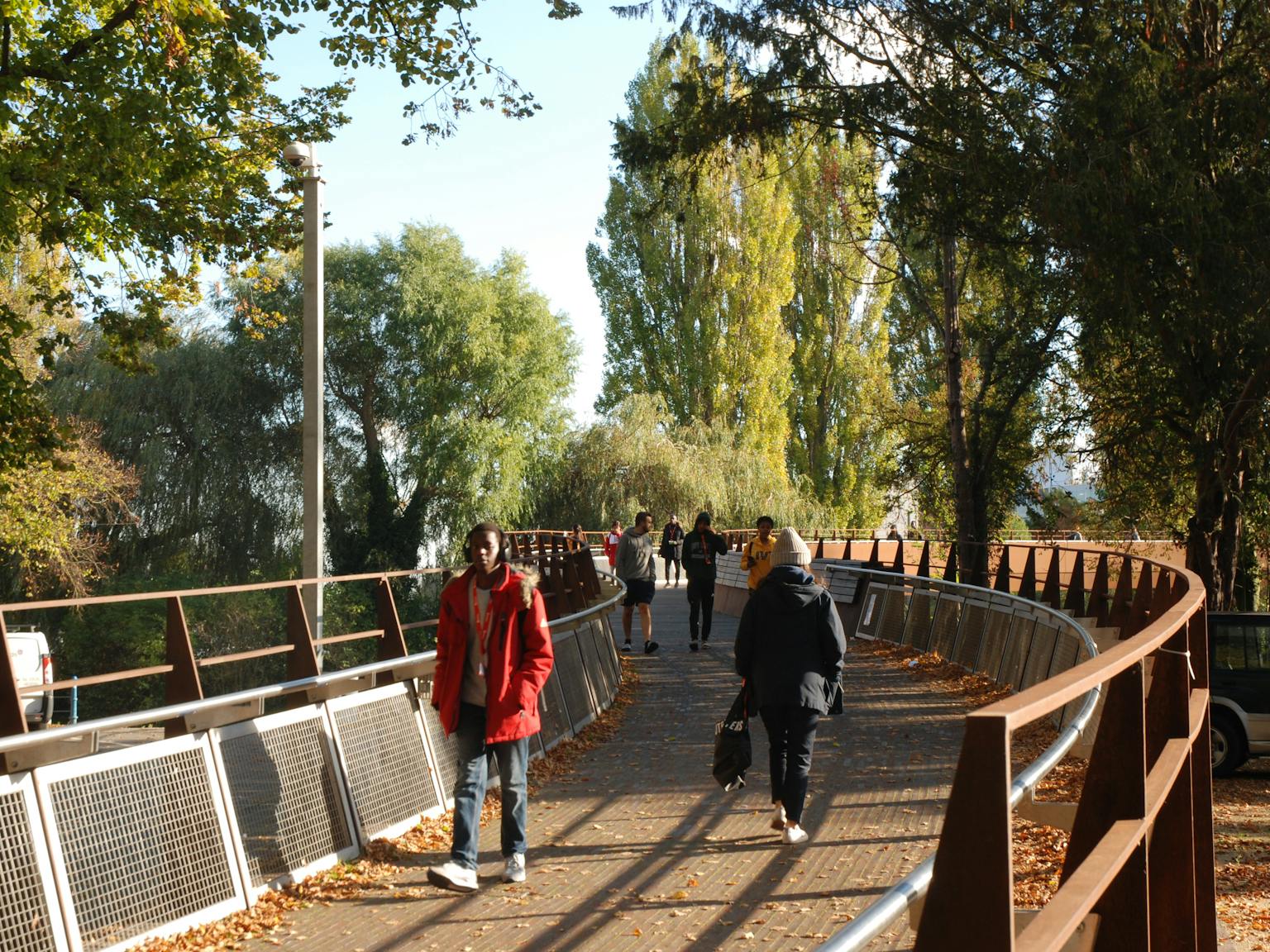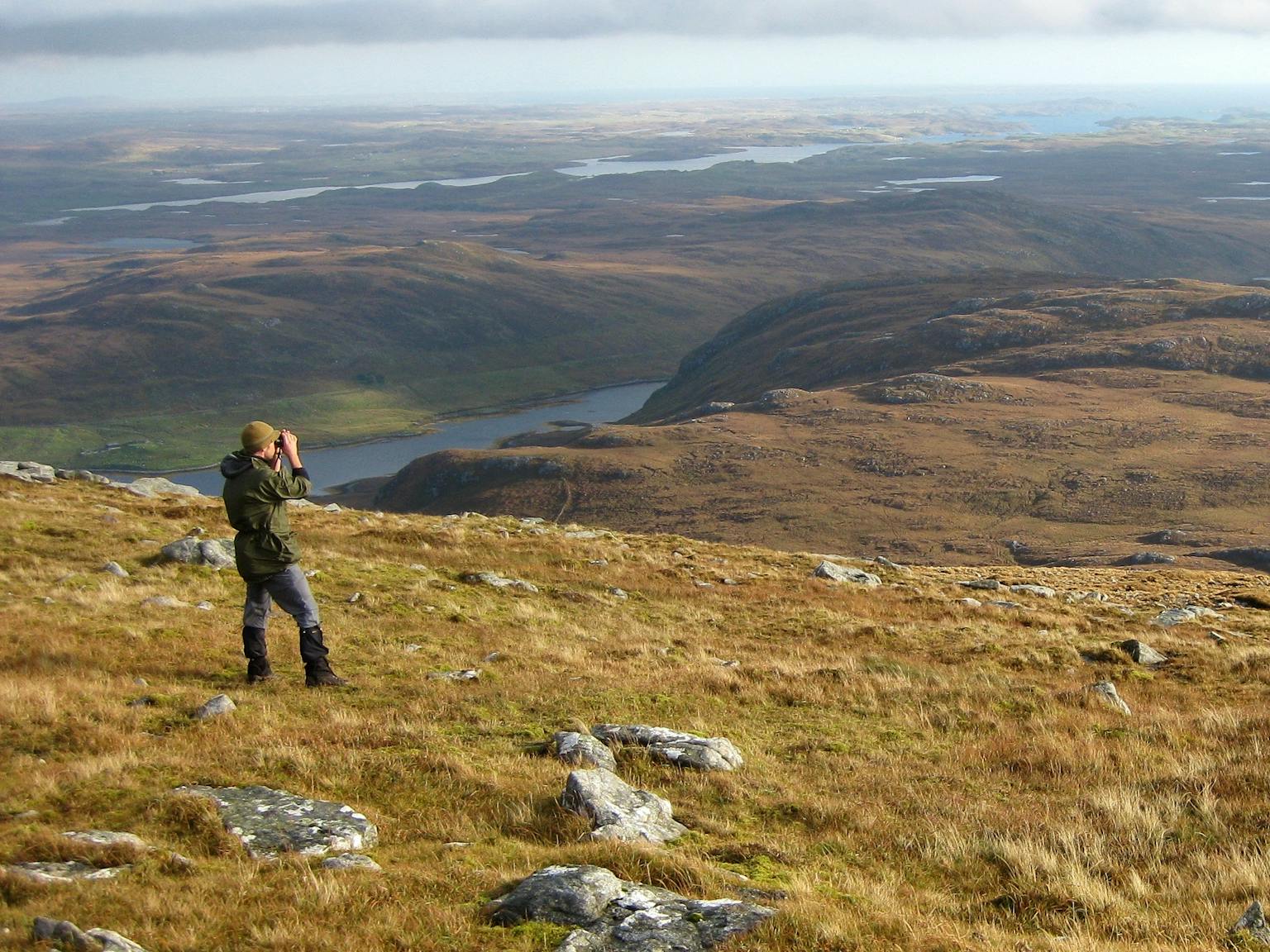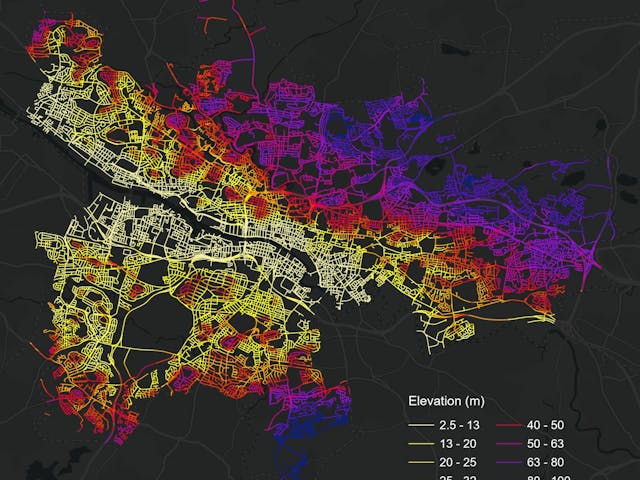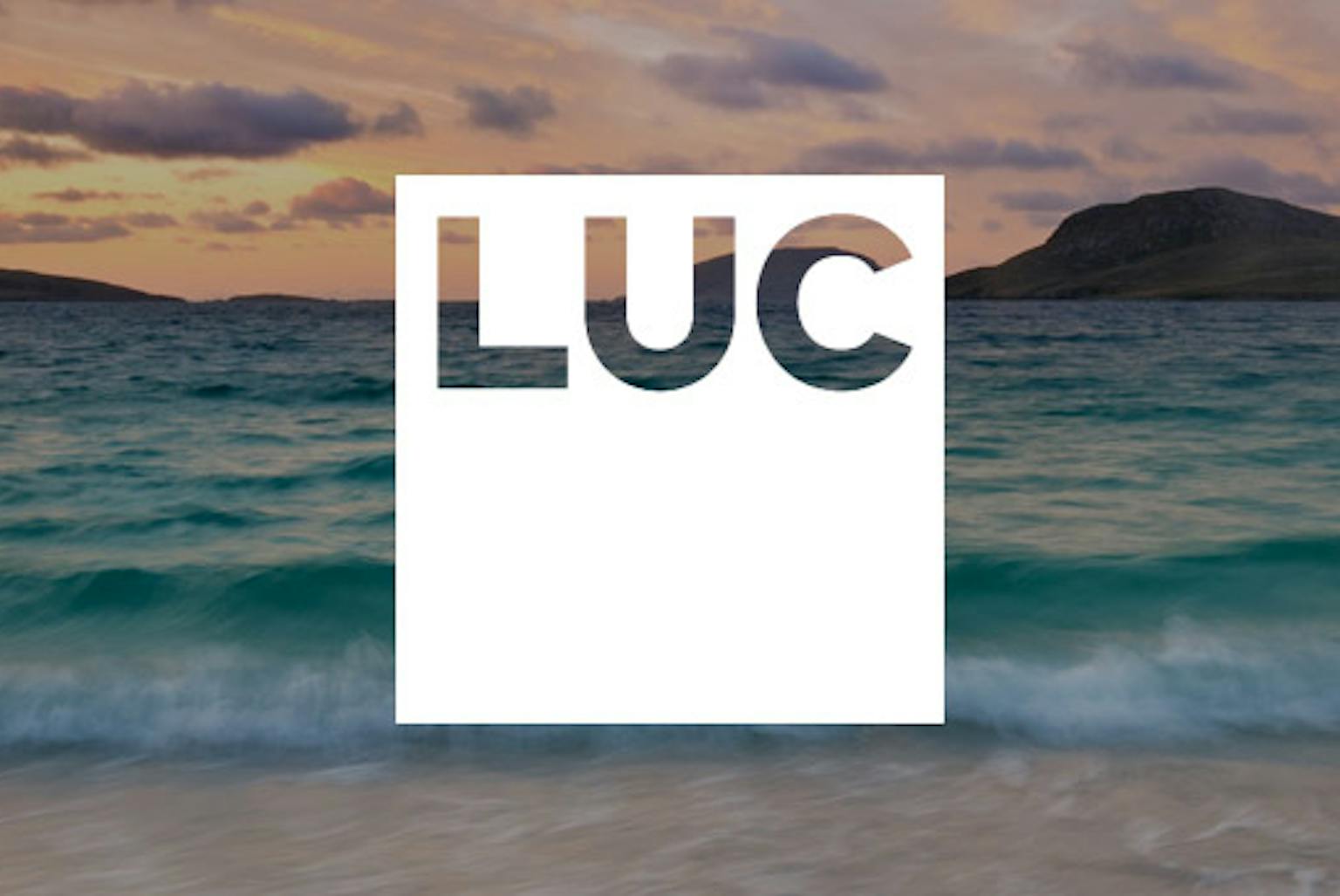
LUC’s marine and coastal planning event
The second of LUC’s 50 anniversary events brought together key professionals from across the public and private sector to discuss the importance and potential of marine and coastal planning.
Chaired by Nick Hilton, Director of Environmental Planning from LUC, speakers delivered presentations and engaged in panel discussions about the value of marine and coastal planning, the challenges ahead, how to work and develop in the marine environment and how seascape character assessment can be used as a tool to integrate terrestrial and marine planning.
Speakers included:
- David Hutchinson, Marine Planner from the Marine Management Organisation
- Phil Dyke, Coast and Marine Adviser for the National Trust
- Mark Russell, Director from the British Marine Aggregates Producers Association
- Alex Blake, Senior Consents Manager from Tidal Lagoon Power
- Chris Drake, Coastal Officer from Kent County Council
- Nick James, Director of Environmental Planning from LUC.
With regard to the use of seascape character assessment as a planning tool, Nick Hilton summed up the discussions: “There is a widely-held perception that landscape and seascape assessments are inhibitors to development. In fact, our panellists, which included a developer, were all of the opinion that assessments both enable and inform development. When seascape character assessments are designed to fully integrate with landscape character and visual impact assessments, marine and coastal planning policy and decision-making can be fully informed. This in turn, can ensure that long-term marine and terrestrial solutions that protect and enhance the British coastline can be created with any future implications mitigated.”
Another key point arising from the event was that collaboration between the public and private sectors is integral to a successful, interlinked marine planning system for all to use. Local authorities commission assessments to understand maritime issues and help inform planning decisions. If assessment results are shared, they can help determine what is feasible more quickly and this can help speed up the process of guiding new development and activities to the right places.
Our next event is on Wednesday 15 June and will focus on how Scotland can deliver its ambitious infrastructure plan without compromising the environment.


